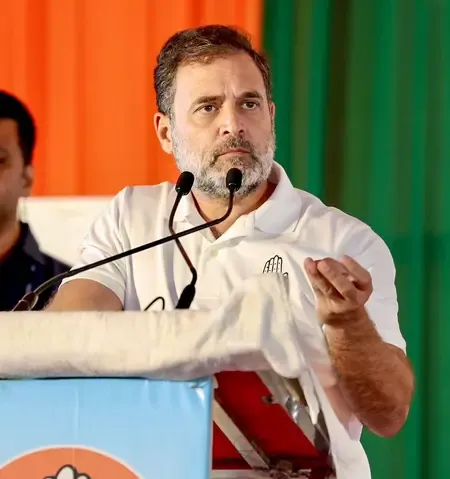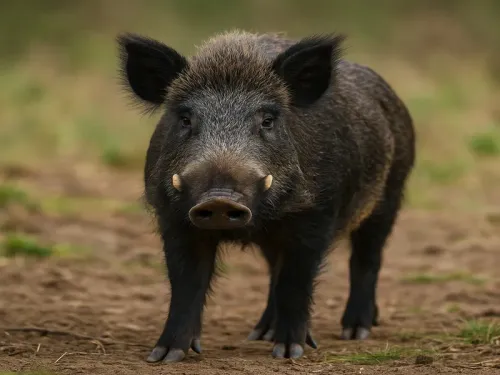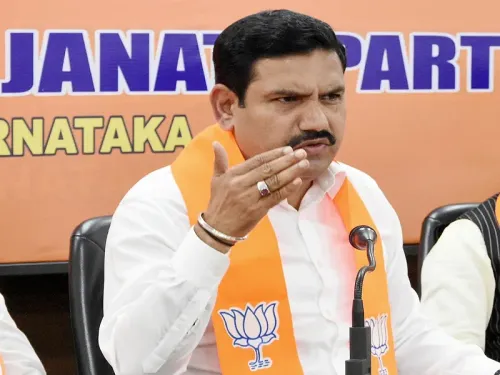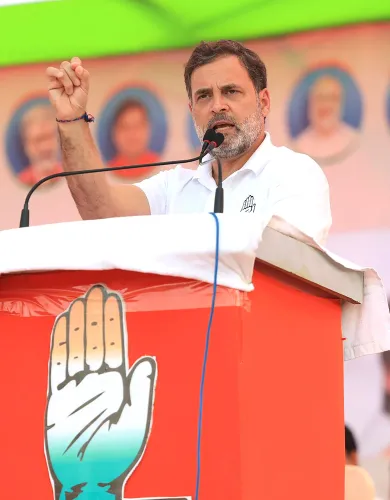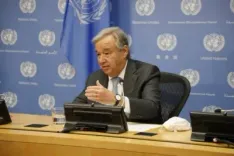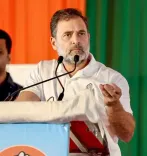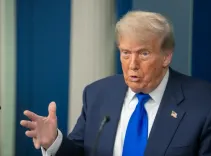Has India Ever Experienced Fuel Shortages? Hardeep Puri Weighs In
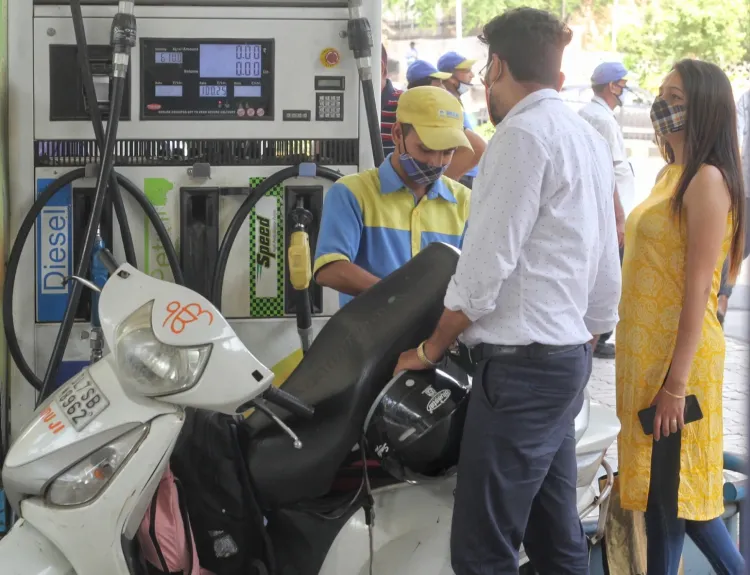
Synopsis
Key Takeaways
- India has maintained a steady supply of petroleum products during global challenges.
- Diversification of oil supply sources is key to energy security.
- Strategic petroleum reserves enhance resilience during geopolitical uncertainties.
- 23 operational refineries bolster India's refining capacity.
- 20% ethanol blending target achieved ahead of schedule.
New Delhi, July 6 (NationPress) Emphasizing the government's strides in the oil and gas industry, Petroleum and Natural Gas Minister Hardeep Singh Puri stated on Sunday that "regardless of the global Covid pandemic or international conflicts, India has never faced a shortage of petroleum products."
He attributed this achievement to the vision of Prime Minister Narendra Modi.
Puri noted the geopolitical strife in the Middle East, particularly during the Israeli strike on Iran, which disrupted shipping and raised concerns about the closure of the Strait of Hormuz, a vital passage accounting for 20% of the world's oil and gas exports.
"Thanks to the leadership of Prime Minister Narendra Modi, we have diversified our supply sources over recent years, significantly reducing dependence on the Strait of Hormuz," the minister remarked earlier.
India relies on imports for about 85% of its crude oil needs, and fluctuations in oil prices can escalate its import bill and contribute to inflation, ultimately impacting economic growth.
However, India has successfully diversified its oil suppliers, increasing imports from Russia and the US, while also enhancing resilience through strategic reserves.
Highlighting key infrastructure developments in the oil and gas sector, Puri mentioned that the nation now boasts 23 modern operational refineries with a combined capacity of 257 million metric tonnes per annum for petroleum product production.
The minister also pointed out the ministry's efforts to establish storage facilities for strategic petroleum reserves, which play a critical role during emergencies and geopolitical uncertainties.
The storage capacity includes 2.25 million metric tonnes (MMT) at Pudur, with the Visakhapatnam facility capable of storing 1.33 MMT of crude oil, while Mangalore has a storage capacity of 1.5 MMT.
Puri also emphasized that India has reached the goal of 20% ethanol blending with petrol ahead of schedule, as part of its initiative to promote green fuels.
E20 ethanol-blended petrol is now available at all retail outlets of public sector companies - Indian Oil, Bharat Petroleum, and Hindustan Petroleum - across the country.
The minister stated that India is set to achieve the 20% ethanol blending target by early 2025, six years ahead of the original deadline of 2030, showcasing the significant progress in the nation's transition toward cleaner fuels.
"This accomplishment not only lessens the nation’s carbon emissions but also leads to substantial financial savings. We've saved upwards of Rs 1 lakh crore and Rs 1.5 lakh crore in foreign exchange due to the reduced import bill, benefiting our farmers," the minister remarked recently.

